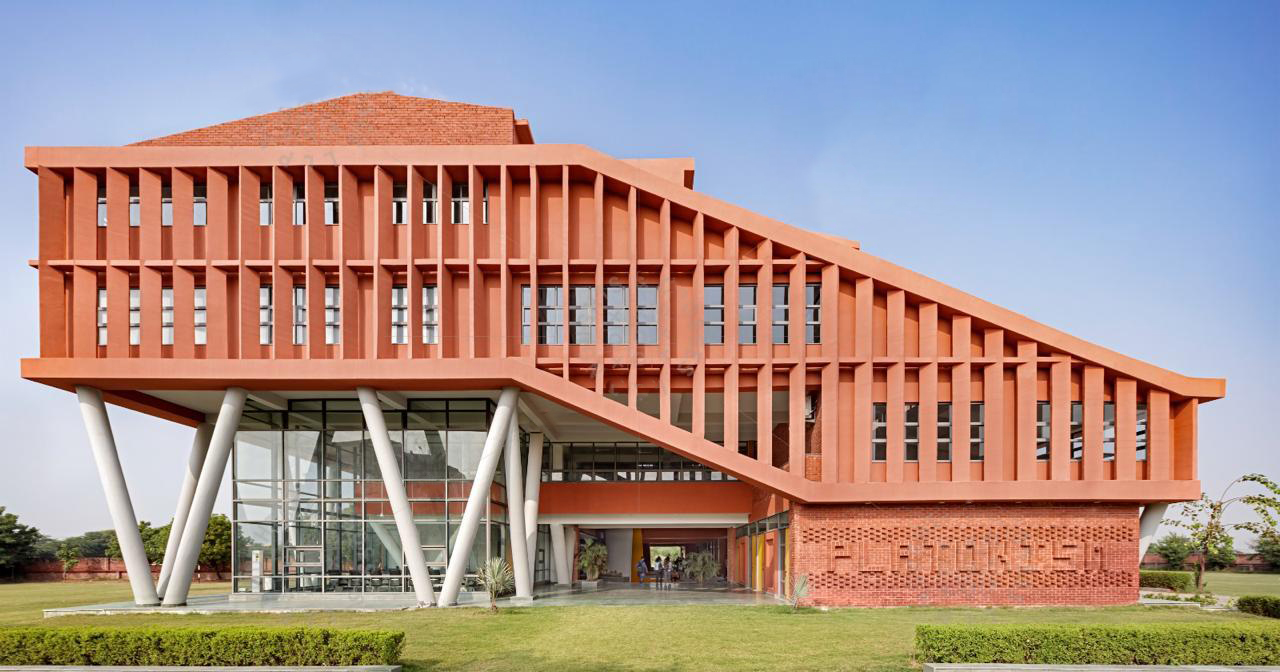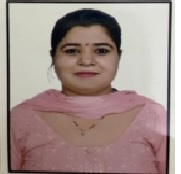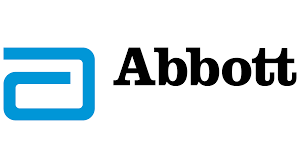Designing Tomorrow: Build Your Vision with a Diploma in Pharmacy
• Aptitude
• Interview preparation
• Mentorship from Industry Mentors
• Group Discussion
Students can opt for Internships after 1st year of the Program
Placements Interviews
Guaranteed
• Pharmacy Technician Certification
• Certified Geriatric Pharmacist
• Clinical Data Management
• Regulatory Affairs Certification
• Compounding Pharmacy Certification
• Group Discussions
• Workshops and Seminars
• Urban Sites
• Rural Sites
• Heritage Sites
• Modern Sites

St. Andrews college of Pharmacy (SACP) is situated in the industrial hub of India, Gurgaon, part of the Delhi National Capital Region (NCR). Known for its strategic location, the institute offers students the advantage of being in proximity to numerous multinational corporations and industrial enterprises. This provides ample opportunities for internships, industry interactions, and practical exposure, enhancing the overall learning experience. SACP is committed to delivering high-quality education in Pharmacy, combining rigorous academic curriculum with real-world applications. The institute boasts state-of-the-art infrastructure, experienced faculty, and a vibrant campus life, fostering a conducive environment for holistic development and professional growth.
The course objectives in a pharmacy program are designed to prepare students with the knowledge, skills, and competencies necessary to enter the pharmacy profession. Here are some typical objectives of a pharmacy (D. Pharm) course:
The course structure for a pharmacy program, a Diploma in Pharmacy (D.Pharma) typically follows a comprehensive curriculum designed to cover all critical aspects of pharmaceutical education.
The Diploma in Pharmacy (D.Pharm) is a two-year program structured to prepare students for careers in the pharmaceutical industry, community pharmacies, and hospitals. The program is typically divided into four semesters and focuses on the basics of pharmaceutical sciences along with practical skills in dispensing and pharmacy management.
Developing content for D.Pharm (Diploma in Pharmacy) students typically involves providing educational and practical information relevant to their coursework, career aspirations, and professional development.
The D.Pharm program uses continuous assessment methods, including practical exams, written tests, assignments, and end-of-semester examinations to evaluate student performance. Practical training and internships are assessed based on reports and supervisor evaluations.
By following this structured course outline, the D.Pharm program aims to equip students with the essential knowledge and skills required for a successful career in the pharmaceutical field, preparing them to work effectively in various pharmacy settings.
Students are required to complete practical training and internships during their course of study. This typically involves working in hospital pharmacies, community pharmacies, and pharmaceutical industries to gain hands-on experience.
Creating assessments and activities in pharmacy is crucial for reinforcing learning, evaluating understanding, and enhancing practical skills.
Assessments
Activities
Creating a comprehensive plan for support and resources plan, the D.Pharm program aims to provide a nurturing and enriching environment for students, ensuring their academic success, professional growth, and overall well-being.
-Faculty Mentoring
– Study Groups:
– Academic Counselling:
-Well-Equipped Laboratories:
-Simulation Labs:
– Internships and Practical Training:
– Comprehensive Library:
– E-Resources:
– Learning Management System (LMS):
– E-Learning Modules:
– IT Support:
– Career Counselling:
– Networking Opportunities:
– Counselling Services:
– Health Services:
The D.Pharm program uses continuous assessment methods, including practical exams, written tests, assignments, and end-of-semester examinations to evaluate student performance. Practical training and internships are assessed based on reports and supervisor evaluations.
By following this structured curriculum, the D.Pharm program aims to equip students with the essential knowledge and skills required for a successful career in the pharmaceutical field, preparing them to work effectively in various pharmacy settings.
*Foundation and Basic Sciences
Pharmaceutical Chemistry
Pharmacognosy
Biochemistry and Clinical Pathology
Human Anatomy and Physiology
Health Education and Community Pharmacy
*Advanced Pharmaceutical Sciences and Practice

M. Pharmacy, B. Pharmacy
“Pharmacy is a field where compassion meets precision. Embrace both, and you will not only succeed academically but also make a meaningful impact on the lives of your patients.”

M. Pharmacy, B. Pharmacy
“Your journey in pharmacy is about more than just medications. It’s about understanding people, building trust, and providing the best care possible. Strive to be the pharmacist patients can rely on.”

M. Pharmacy, B. Pharmacy
“Pharmacy is an evolving field. Stay informed about the latest developments, adapt to new technologies, and always be prepared to contribute to the progress of our profession.”

M. Pharmacy, B. Pharmacy
“Precision in pharmacy practice is crucial. Pay attention to detail, understand the kinetics of each drug, and ensure that your dosing recommendations are spot-on for optimal patient outcomes.”
The placement season has been exceptionally successful this year, reflecting the high caliber of our students and the strong industry connections we have cultivated.





Recruiters for Placements
Highest package offered
Average CTC
100% ROI on Tuition Fee
Review opportunities.
Infrastructure – Providing excellent infrastructure facilities is crucial for a pharmacy college to ensure comprehensive education, practical training, and overall development of its students. Below are the key infrastructure facilities that should be available for pharmacy students:
Use our Virtual Tour to explore St. Andrews college of Pharmacy (SACP) is located in the industrial hub of India Gurgaon, Delhi (NCR) at your convenience. See yourself in our classrooms, laboratories, residence halls, and more. The Campus Virtual Tour is always available and never reaches capacity.

St. Andrews College of Pharmacy Farrukhnagar, Gurugram- 122506
+91-8505937772
admissions@saitm.org
Registering for orientation in a pharmacy program typically involves a few steps.
Steps to Register for Pharmacy Orientation
Tips for a Smooth Registration Process
Financial support for pharmacy students can come in various forms, depending on the institution and the country.
Types of Financial Support
Obtaining an education loan to finance your pharmacy studies involves several steps.
Scholarships for pharmacy students come in various types, often based on merit, financial need, background, or specific interests within the field of pharmacy.
St. Andrews college of Pharmacy may charge lower fees compared to other private institutions for several reasons
Factors Influencing Lower Fees
The fee structure for D. Pharma (Diploma in Pharmacy) program is Rs 78500/- per year
Diploma in Pharmacy programs offer promising job prospects in various sectors of the pharmaceutical industry.
Job Prospects for D. Pharma Graduates:
The choice between a B. Pharma (Bachelor of Pharmacy) and D. Pharma (Diploma in Pharmacy) depends largely on your career goals, educational background, and the specific requirements of the pharmaceutical industry in your region.
(Bachelor of Pharmacy)
(Diploma in Pharmacy)